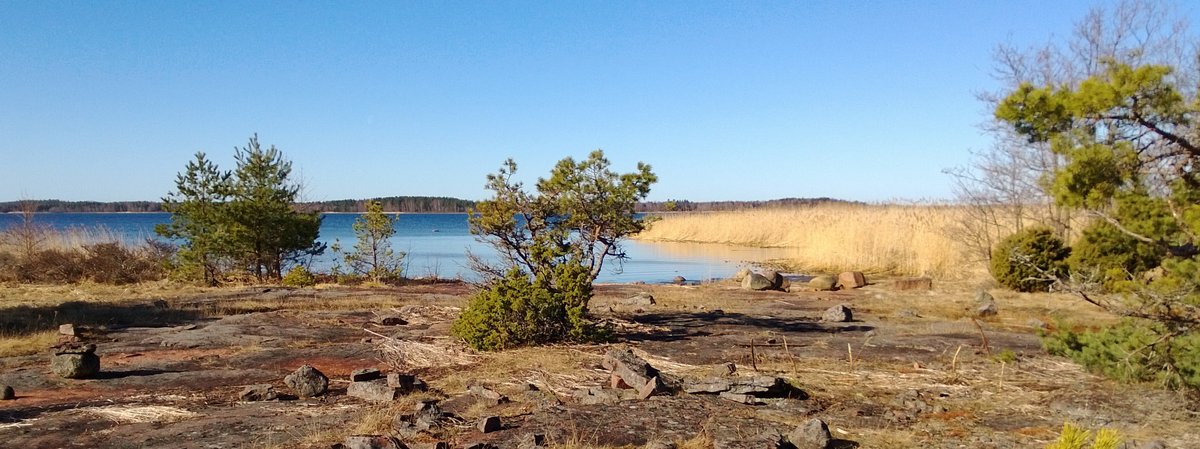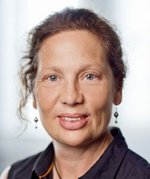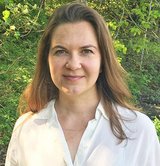
A project "The missing link: unraveling the role of genetic variation of beneficial arthropods in agro-ecosystems" led by Trine Bilde from Aarhus University in collaboration with Philip Francis Thomsen from Aarhus University, Greta Bocedi from University of Aberdeen and Marjo Saastamoinen from University of Helsinki, receives an 8 Mio Euro research grant from The Novo Nordisk Foundation as part of their ‘Challenge Programme 2020 – Life Science Research (Biodiversity & productivity of managed ecosystems)’.
This six-year international research project will investigate the population genetic consequences of the dramatic declines observed in insect diversity and abundance, and the potential consequences for their ability to perform ecosystem services such as pollination and natural pest control.
Being the most species-rich group of organisms on Earth, insects are vital components of most terrestrial ecosystems. We are currently experiencing large population declines in insects due to anthropogenic causes, such as intensified land use, habitat loss and fragmentation, but we know very little about the implications for genetic diversity. Loss of genetic diversity can amplify population extinction and reduce the diversity and crucial ecosystem services and functions that insects perform. In this project, we will investigate the link between population size, genetic diversity, and the ability of insects to perform their natural important ecological roles.

The project will utilize cutting-edge methods such as large-scale whole genome sequencing and environmental DNA approaches, and performance assays to establish relationships between genetic diversity and functional responses. Integrative modelling approaches will be used to predict insects’ future distribution and performance, and maintenance of population genetic diversity, and will provide tools to develop effective management practices in the face of ongoing global change.
Insects have a long history of being utilized in ecological research and have been collected for centuries by citizens, resulting in tremendous knowledge and natural history collections world-wide. These museum samples will be utilized within the project to compare genetic diversity of historical and contemporary insect populations in relation to land use changes.


Principal Investigator (PI)
Professor and Centre director at the Department of Biology - Genetics, Ecology & Evolution, Aarhus University
Research focus on Evolutionary Biology, her group (SpiderLab) works on population genetics and functional ecology of arthropods.

Co-PI
Associate Professor at the Department of Biology - Genetics, Ecology & Evolution, Aarhus University
Research focus on Molecular Ecology, he is head of the environmental DNA (eDNA) group working on biodiversity studies using high-throughput sequencing.

Co-PI
Associate professorat the Helsinki Institute of Life Science (HiLIFE), Helsinki University, Finland
is head of the Life-history Evolution Research Group, and PI at the Research Centre for Ecological Change (REC). Her group works on the processes that shape intraspecific life history variation in the wild.

Co-PI
Royal Society University Research Fellow at The School of Biological Sciences, University of Aberdeen, Scotland
Has developed the eco-evolutionary modelling platform RangeShifter, aimed to link species’ ecological and evolutionary responses to environmental change.